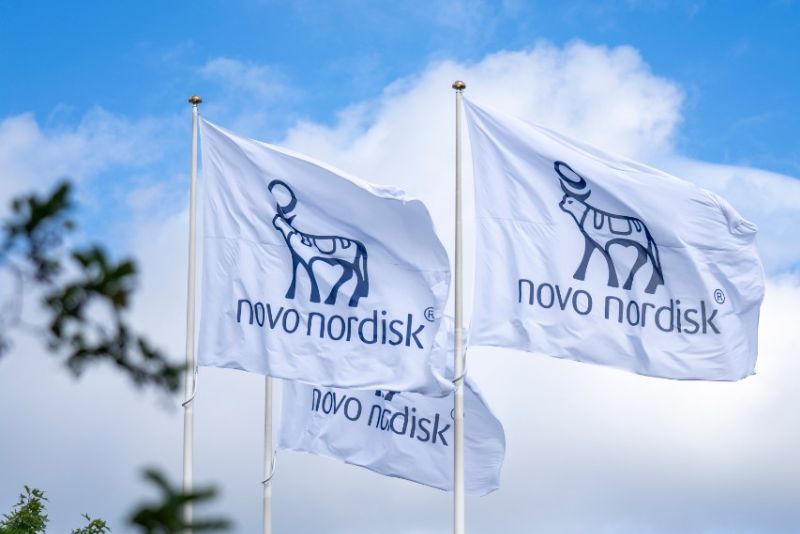
There’s a saying about Texas weather—if you don’t like it, wait five minutes. For Novo Nordisk, the state’s extreme weather hit home early this year when the biggest winter storm in decades left some sales reps without power.
No power meant no electricity to keep their drug sample refrigerators cold. The result? Novo is now voluntarily recalling 1,468 samples of its Levemir, Tresiba, Fiasp, Novolog and Xultophy insulin products.
While the recall affected only a small number of samples—Novo has about 1.5 million samples in-market at a time—the FDA asked the pharma to send out a public notice. Its reasoning? Evaporation of the product could interfere with proper dosing, which could in turn cause hypo- or hyperglycemia problems.
RELATED: Novo Nordisk delivers promised insulin price cuts, plus free option for emergency needs
The Texas deep freeze didn’t account for every out-of-temperature refrigerator in the recall, though. Novo Nordisk’s overall monitoring during January and February also uncovered cases in which some other sales reps who haven’t been visiting physicians’ offices in person—nor handing out samples—weren’t aware of refrigerator problems until they checked manually.
The affected samples were handed out in the first two months of the year and Novo Nordisk tracked and contacted all the doctors who received them. While there isn’t a way for the drugmaker to know whether the products have been used, Novo Nordisk has not received any reports of serious adverse events or injuries for those products in the months since, a spokesperson said.
RELATED: Novo Nordisk re-engages comedian Billy Gardell for branded Ozempic campaign
No commercial products are included in the recall because Novo Nordisk sales representatives have a separate supply chain for samples. Prescription products in the commercial supply chain go from manufacturing directly to distributors, pharmacies, hospitals and other buyers.
Meanwhile, the sample recall resulted in some upgrades. Novo Nordisk new thermometers to sales reps for their sample refrigerators, enabling automated temperature checks. It also rolled out new training programs.
